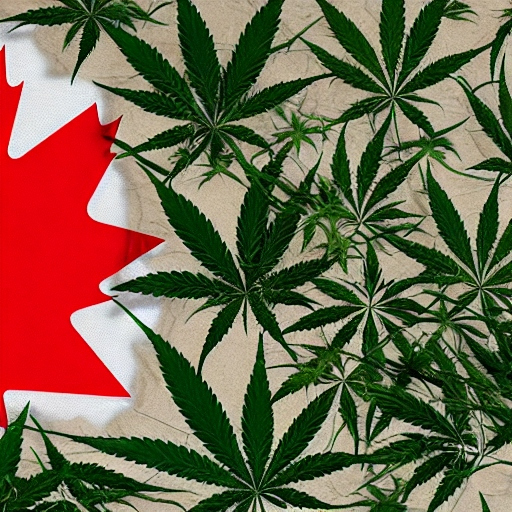Indigenous leaders are urging the federal government to make changes to Canada’s Cannabis Act to better recognize their rights and address their concerns about the effects of cannabis on their communities. As the government prepares to legalize cannabis edibles, extracts, and topicals later this year, Indigenous leaders are calling for greater involvement in the regulation and distribution of cannabis products.
The current regulations, Indigenous leaders argue, do not adequately recognize their inherent and treaty rights, nor do they address the potential impacts of cannabis on Indigenous communities. They are advocating for amendments to the Act that would ensure Indigenous peoples have a say in the regulation and distribution of cannabis products.
This call for changes to the Cannabis Act is part of a larger push for Indigenous self-determination in Canada. Indigenous communities across the country are seeking greater control over their lands, resources, and cultural practices, including the use of traditional medicines like cannabis.
Indigenous peoples have a long history of using cannabis for medicinal and spiritual purposes. In fact, the use of cannabis has been a part of Indigenous culture in Canada for thousands of years. Indigenous leaders argue that their unique perspectives and experiences should be taken into account when developing cannabis policy.
Many Indigenous leaders have criticized the Canadian government’s approach to cannabis legalization, which they say has failed to adequately consult with Indigenous communities and has not taken their concerns into account. They are calling for a more collaborative and consultative approach to cannabis policy that respects Indigenous rights and interests.
Despite these concerns, many Indigenous communities see the potential economic opportunities of the legal cannabis industry. Some First Nations entrepreneurs have already entered the sector, and others are exploring the potential for cannabis cultivation and processing on their lands.
Indigenous leaders are calling for greater opportunities for Indigenous entrepreneurs to participate in the growing cannabis industry. They argue that Indigenous peoples should have a voice in the regulation and distribution of cannabis products and should benefit from the economic opportunities created by the industry.
The call for amendments to the Cannabis Act is an important step towards a more inclusive and equitable approach to cannabis policy in Canada. As the legal cannabis industry continues to evolve, it will be crucial for the government to work collaboratively with Indigenous communities to ensure that their unique perspectives and interests are taken into account.
The potential benefits of the legal cannabis industry can only be realized if all Canadians, including Indigenous peoples, are able to participate in and benefit from the industry. It is important for the government to take a more collaborative and consultative approach to cannabis policy and to work with Indigenous communities to develop regulations that are respectful of their rights and interests.
Overall, the call from Indigenous leaders to amend the Cannabis Act highlights the need for greater recognition and respect for Indigenous rights and perspectives in cannabis policy in Canada. It is essential that the government take a more collaborative and consultative approach to cannabis policy and work with Indigenous communities to ensure that their voices are heard and their interests are protected.




